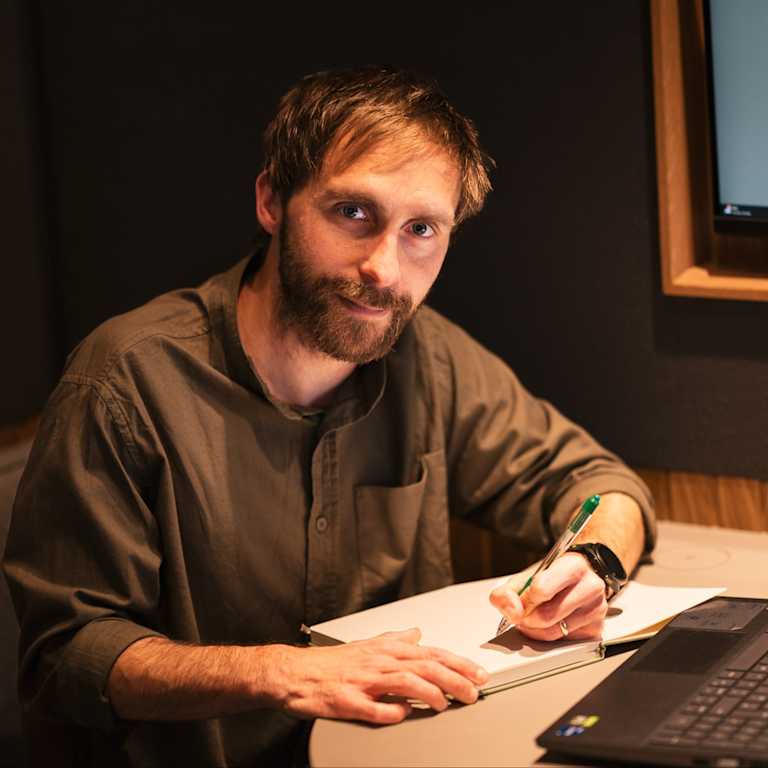
News
Heliguy Interviews 360 TV
Find out about the complex process of getting qualified for Spanish commercial operation and how it differs from the CAA's PfCO in our interview with 360 TV. ... Read More
We've had a lot of people asking us about regulations around the world and perhaps more than anywhere else, Spain. This obviously makes sense with it being a hugely popular holiday destination for Brits and with the Summer coming up on us again, what better time to get airborne and take some holiday snaps with your drone. However, the Spanish laws are somewhat stricter than those in the UK. While we've provided an overview of them in our Guide to Global Drone Regulations, it's always best to ask someone who has been through the process themselves. Please Note: This article focuses more on the professional aspect of flying drones in Spain. If you're looking to fly as a hobbyist, consult our guide and don't forget to contact the relevant aviation authority before your trip. Heliguy reached out to Laurence Koe, Director of aerial filming company 360 TV to ask him about his experience becoming qualified to fly commercially in Spain. He sheds some light on what you can expect, gives some tips on where to look for information and also showcases some of his work in the Q&A below.
The Interview
Read on to find out more about Laurence's experience gaining his Spanish permissions and what kind of work he has carried out using drones.
How long have you been working with drones?
LK: I have a background as a TV director and producer, so I remember hearing about drones as I was always looking for new and exciting angles and filming methods. It was in 2014 that we first used a drone operator (this was on a project for my other filmmaking company Hey Buddy Films) and from then on I became fascinated with drone technology and was determined to get myself qualified. I signed up to a UK PfCO course and I was surprised by the amount of work involved and the standards needed, but once you realise that you are a pilot and you are sharing airspace with commercial aircraft you realise it's only right that you understand the rules of the air and are able to correctly read maps and know what resources are available. I qualified as a drone pilot in October 2015 and set up 360TV.
What kind of jobs do you take on?
LK: Operating as 360 TV I do a variety of aerial filming and branded content. The aerial filming is usually how the conversations start and then often when hearing what the client needs, it requires a mixture of filming formats. Sometimes it is simply a better solution and other times it is not possible to fly the drone in the location that they want.
Image courtesy of Laurence Koe, Director of 360 TV I have also done a number of branded films and work projects for the construction and building industry.
Image courtesy of Laurence Koe, Director of 360 TV
What has been your favourite project to work on?
LK: Although flying over water comes with its own risks (and admittedly I have lost a drone to seawater!), some of my favourite filming jobs have been focused on boats.
Image courtesy of Laurence Koe, Director of 360 TV I have been lucky enough to do some filming in Okinawa Japan and I also filmed a product launch in Ibiza on a Sunseeker boat with a DJ on the deck and a party on the back which was great fun…
Why were you looking to film in Spain?
LK: I used to run MTV Dance and we did a lot of filming in Ibiza. As you can expect, I was out there a lot and ended up filming for a number of different people and organisations. This led to me setting up an Ibiza TV production company for the summer months. When I then qualified as a drone pilot, I wanted to be able to offer drone services to my clients in Ibiza. I speak Spanish and wanted to be able to offer the service to anyone who was taking an English speaking film crew over to film in Spain or the Balearic islands.
Image courtesy of Laurence Koe, Director of 360 TV I thought in the first instance that it was simply a matter of informing that Spanish Authorities that I held an English licence which I wanted to register with them but this wasn't the case.
How start looking at getting your Spanish permissions?
LK: I spoke with people with connections to the drone industry who had contacts in Spain and started to gather a picture of Spanish drone law. They had a real clampdown in 2014 and it became virtually impossible to fly drones legally. While they have now released guidelines about legal drone use, which makes it feasible again, they are more stringent than the UK regulations many will be familiar with. I spoke to AESA (the Spanish equivalent of the UK CAA), who explained that they had set up a specific drone section, the Buzón de drones Agencia Estatal de Seguridad Aérea Dirección de Seguridad de Aeronaves, and pointed me to the relevant documentation.
They didn’t seem to be making it easy and what became clear is that although many countries are talking about developing a European standard so that a licence in one country gives you the right to operate commercially in any country in Europe, it's clearly not going to happen anytime soon. Each country and government are trying to get to grips with the potential opportunities and also threats that this fast evolving technology offers. They also provided me with a list of training companies. Interestingly, they do not allow training to be done by people who only offer ‘drone pilot’ training. It must be provided by a pilot training company, who are training pilots to get the PPL (Private Pilots licence)
How did you find the accreditation process?
LK: I was determined to get this Spanish licence whatever it took, so I enrolled on a course with based in an airport in southern Madrid (Aeropuerto De Madrid Cuatro Vientos).
Image courtesy of Laurence Koe, Director of 360 TV This was a six-week online Spanish RPAS Aviation Course that made me feel lucky I speak Spanish and French. Although the course instructor said hello in English and promised to translate if I struggled, as soon as the other 15 candidates were in the room (all Spanish!) he soon got on a roll and I had to concentrate hard to keep up with what was going on. Needless to say, it tested my Spanish to the max and once I had passed the online tests, I needed to book in for a three-day intensive course, followed by a theory and practical test as well as a medical exam. In the UK, there is no requirement for a medical but in Spain, for your drone license, you are subject to the same medical certification as an aeroplane pilot.
How do Spanish regulations differ from those in the UK?
LK: They definitely have a tough stance, no night flying is allowed even with special permissions, no flying over urban areas and they have established a penalty regime for any infractions with fines up to €225,000 so you don’t really want to be caught on the wrong side of the law. There is a 5km exclusion zone around airports, so somewhere like Ibiza, I have seen various drone flights over Playa d’en Bossa, Salinas beach or Es Cavallet beach and these flights are completely illegal (obviously for recreational or commercial use).
Get in Touch
If you need any more information about the subjects raised in this article you can get in touch with our customer support team from Monday to Friday, 9am to 5pm via the following details:
Call
...
Keep checking back to Heliguy's Insider Blog for more insights from industry professionals, regulatory information and, of course, the latest news from the drone industry.
